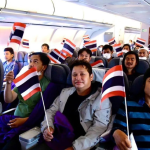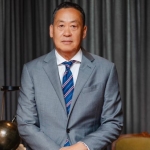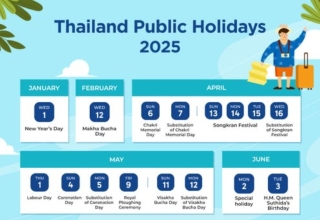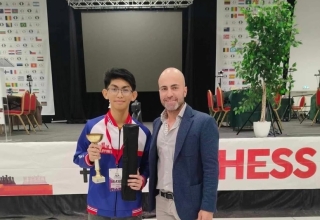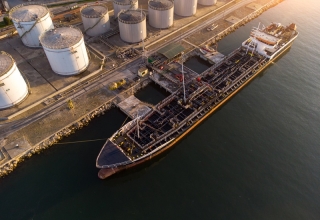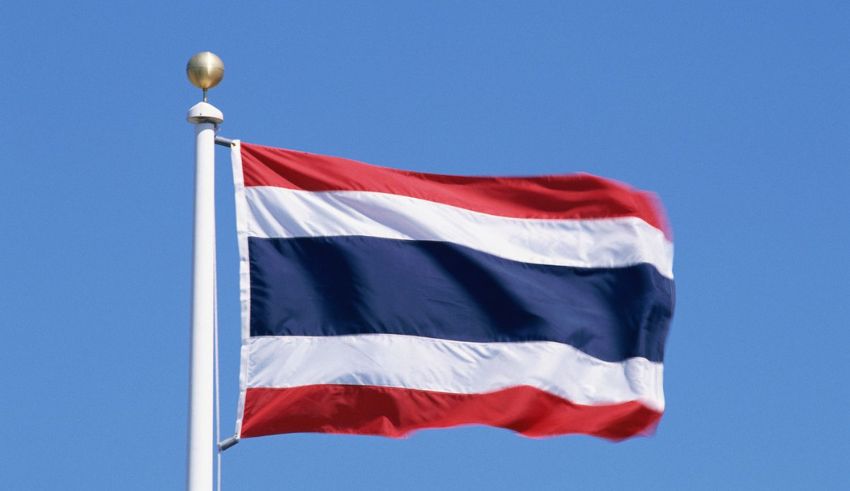
In a surprising twist of diplomacy, a group of Thai Muslims engaging directly with Hamas is being hailed as the unsung hero in expediting the release of Thai hostages during a temporary truce in Gaza. Led by Lerpong Syed, president of the Thai-Iran Alumni Association, the group embarked on parallel talks with Hamas representatives in Tehran, advocating for the release of Thai nationals caught in the crossfire.
Lerpong Syed disclosed that his group’s direct communication with Hamas, initiated since the conflict’s onset, played a pivotal role in securing the release of three more Thai hostages on Sunday. This brings the total to 17 Thai nationals freed since the commencement of the four-day truce on Friday, a feat attributed to the unique efforts of this diplomatic initiative.
Although not characterized as official negotiations, the parallel talks were not rebuked by the Thai government. Lerpong emphasized the distinctive role of his group, asserting that relying solely on conventional diplomatic channels or involving other nations might have diminished the prospects of an early release for the Thai hostages.
Taking Charge of the Situation
During a three-hour meeting last month, the Thai-Iran group conveyed a compelling message to Hamas, underscoring that Thais were innocent parties to the conflict and should be released. In response, Hamas provided assurances that Thai nationals would be the first to be released, and this would occur unconditionally once a ceasefire was established.
While the Thai Foreign Ministry refrains from officially commenting on Lerpong’s claim of credit, Foreign Minister Parnpree Bahiddha-Nukara expressed gratitude for the released hostages in a social media post. The foreign minister thanked all involved and reiterated the call for the release of remaining Thai hostages.
Keep Reading
The temporary truce marks the first cessation of hostilities in seven weeks, following Hamas’ actions resulting in 1,200 casualties and around 240 hostages being taken back into Gaza. The conflict originated during a period when approximately 30,000 Thai laborers worked in Israel’s agriculture sector, forming one of the largest migrant worker groups in the country.
While Lerpong’s group asserts its significant role, other sources suggest that Qatar and Egypt mediated the hostage agreement in a negotiation track opened during Thailand’s foreign minister’s visit to Qatar on October 31. Iran claims to have facilitated the release, while Hamas attributes it to the efforts of Turkish President Tayyip Erdogan.
Amid these diplomatic intricacies, questions persist, with the Thai Foreign Ministry stating that they provided lists to all involved parties, including Qatar, Egypt, Israel, and Iran. The differing influence of these actors on Hamas adds layers of complexity to the evolving diplomatic narrative.
Within this diplomatic complexity, Thailand’s predominantly Buddhist population has historically coexisted peacefully with its Muslim minority. However, the ongoing separatist insurgency in the south occasionally erupts into violence, contributing nuanced layers to Thailand’s role in the Middle East conflict.
